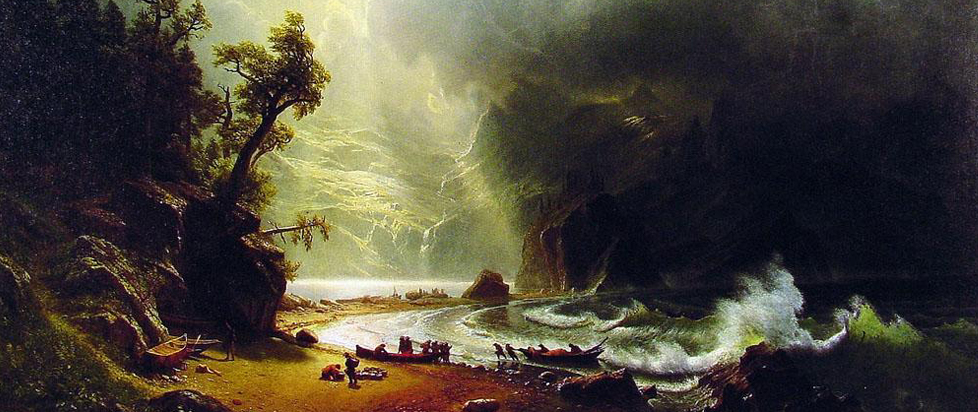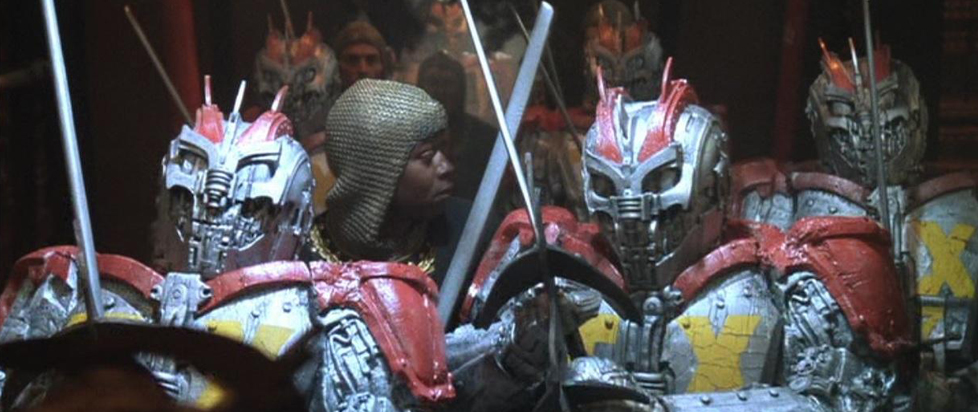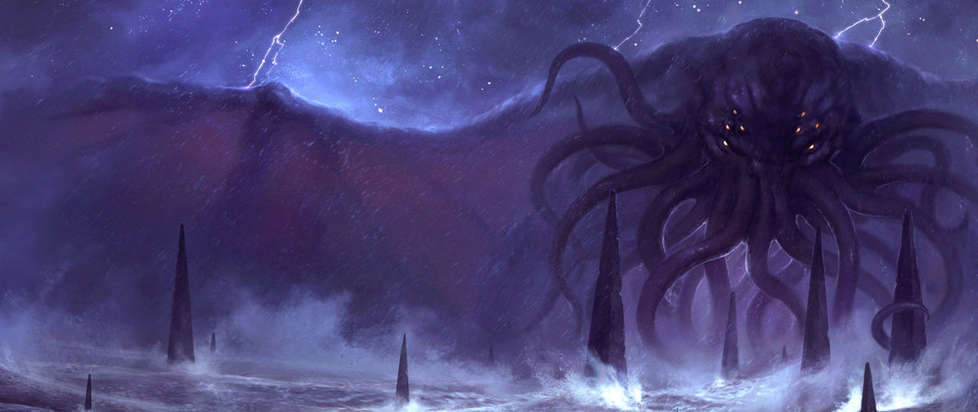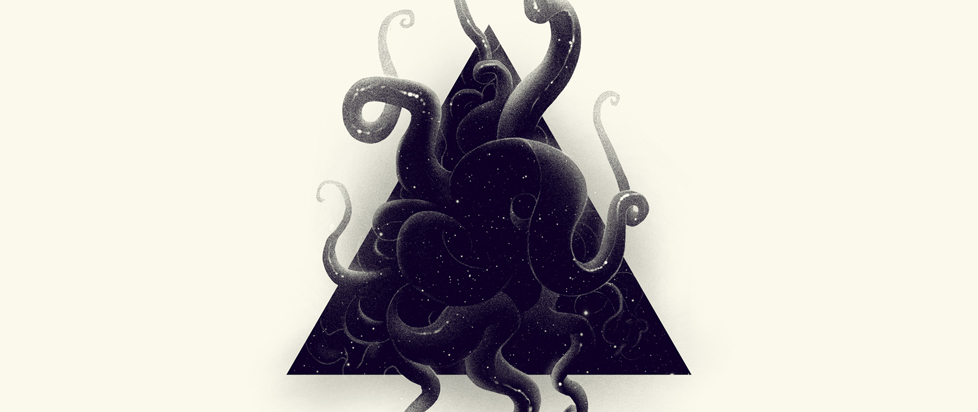
When the Void Looks Back
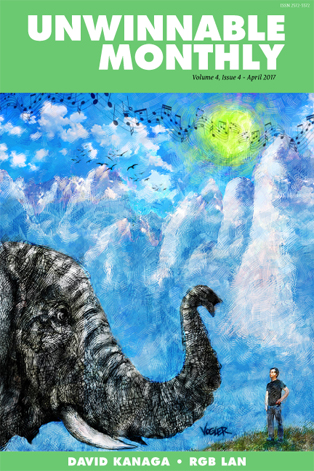 The Burnt Offering is where Stu Horvath thinks too much in public so he can live a quieter life in private.
The Burnt Offering is where Stu Horvath thinks too much in public so he can live a quieter life in private.
———
This column is a reprint from Unwinnable Monthly #90. If you like what you see, grab the magazine for less than ten dollars, or subscribe and get all future magazines for half price.
———
Pushing past the squamous tentacles and non-Euclidean eidolons, the true horror in H. P. Lovecraft’s stories comes from the revelation that the universe is indifferent and that we are helpless in the face of that indifference. The cosmos is as uncaring as it is vast. Held within its infinite emptiness, the whole of human accomplishment amounts to nothing.
Lovecraft’s famous entities – Cthulhu, Azathoth, Shub-Niggurath and the rest of the unpronounceables – are similarly remote and incomprehensible. We characterize them as deities because that is the best our feeble minds can do. In terrestrial mythology, stories of gods explained natural occurrences at the edge of our primitive understanding, like storms and the cycle of seasons. Lovecraft’s gods stand in for more obscure phenomena: the corrupting crosswinds from parallel dimensions, the mindless folly of evolution, the hunger of black holes, the all-killing vacuum of space.
Lovecraft called them blasphemous, but that seems oddly moralistic and egocentric. The Great Old Ones simply are.
In “The Call of Cthulhu,” when the sleeping god emerges from his tomb, Lovecraft says, “A mountain walked or stumbled.” This elegantly evokes both the titanic forces at work and the pandemonium they wreak. Cthulhu’s waking is only the latest installment: to get to this point, distant stars aligned, the ocean floor vomited up a lost continent and a storm twisted and raged.
In the middle of this chaos is the ship Alert and its crew of Pacific islanders, worshippers of Cthulhu all. And they are not alone in the world; the message of “The Call of Cthulhu” is that there are cultists, both willing and unwitting, everywhere.
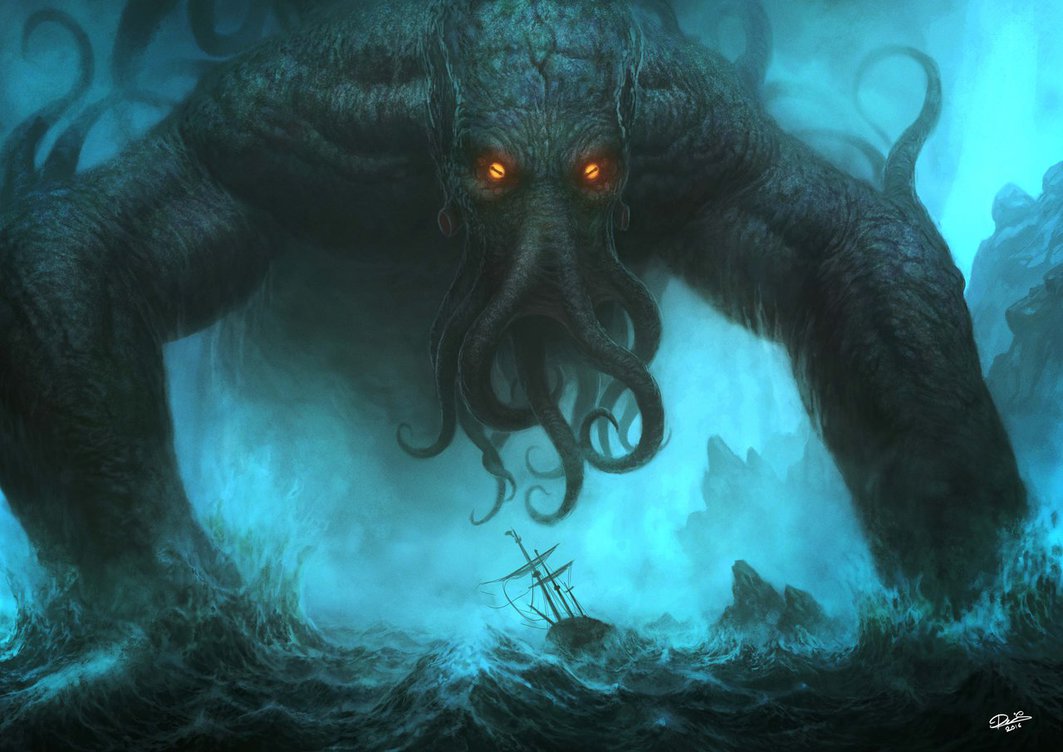
Why? What benefit is there to exalting a creature surrounded by such cataclysm? Cthulhu grants the crew of the Alert no boons or protections – the crew of the Emma kills them all shortly after R’lyeh rises. Other gods seem equally callous to their worshippers. A mere guard dog kills Wilbur Whateley, the son of Yog-Sothoth, in “The Dunwich Horror.” Can you imagine such a fate befalling the son of Zeus? Even Abdul Alhazred, the author of the omnipresent Necronomicon and PR agent of the Elder Gods, was not exempt from a terrible doom. An invisible monster seizes him into the air and devours him before a terrified crowd of onlookers.
Like Alhazred and Whateley, the villain in the film The Void is a seeker after forbidden secrets. Dr. Richard Powell is an acolyte of the titular void who, in the service of his own ends, shepherds the movie’s human protagonists into the maw of an unknowable anti-life. He’s a larger than life character, rooted in loss and coolly maniacal. His scheme is elaborate and his monologues are gloriously unhinged bits of rambling nihilism. Both grandeur and grandiosity swirl about him.
Powell learned that his existence was meaningless in the larger context of the universe and it left him indignant. He seeks the awareness of the void. And, to some extent at least, he succeeds. After all, he wields power unlike any other man before him. He pollutes the minds of his followers, twists flesh into new shapes and, when he calls, the void answers. For a victorious moment, the indifferent cosmos’ attention is upon him. To shake off indifference, even for an instant, could be the true motivation for these cultists and seekers after dark knowledge.
In many ways, Powell can be viewed as what happens to a classic Lovecraftian protagonist after the story is over (if they survive, anyway): white, educated, wealthy enough to support a library of rare books, now coming into his power after a violent moment of illumination. He is inherently selfish and self-centered. Rasputin, the early villain in Mike Mignola’s Hellboy comics, shares this desire for acknowledgment but, ever the revolutionary, he has a benevolent-seeming twist. He wants to destroy the world in order to shepherd in a new golden age. And, like Powell, he succeeds a little bit. The Baba Yaga tells him, “You shook the dragon in his hole, and no other human has ever done that.”
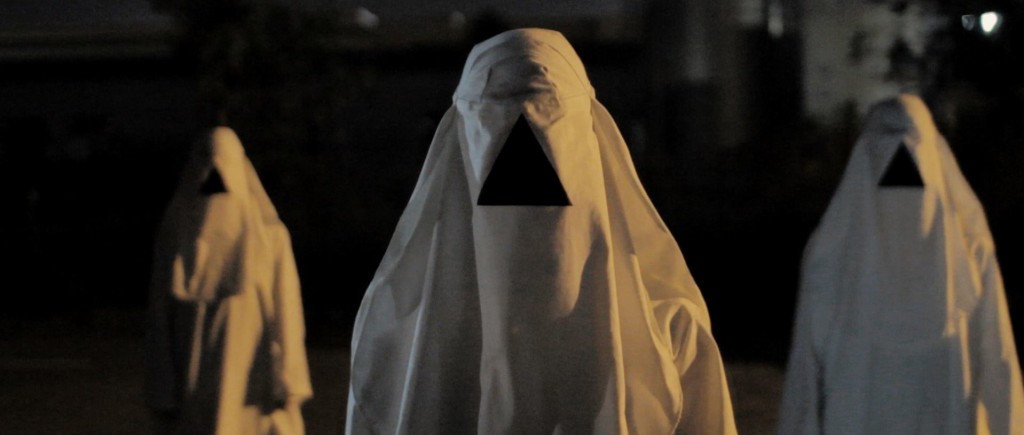
In Victor LaValle’s The Ballad of Black Tom, black hustler Charles Thomas Tester is the victim of unrelenting racism. Robert Suydam, a character from one of Lovecraft’s most racist stories, introduces Tester to the indifferent universe, suggesting his Sleeping King “would mean the end of your people’s wretchedness.” When the police murder his father, Tester says “Indifference would be a relief” from all the malice the white world has poured on him. He seeks out the Sleeping King and finds outré power to enact revenge, saying at the climax, “I bear a hell within me. And finding myself unsympathized with, wished to tear up the trees, spread havoc and destruction around me, and then have sat down and enjoyed the ruin.” When he does, the void sees Tester, too.
Perhaps the men of the Alert, described by Lovecraft as “a queer and evil-looking crew of Kanakas and half-castes” were similarly motivated. To call Cthulhu out of his dreams with blood and sorcery would make for unparalleled retribution on a world that has cast them aside.
In the end, after all, if nothing matters and you know the universe doesn’t care about you, is there a more human, a more sane, reaction than to hock up and spit in its eye?
———
Stu Horvath is the editor in chief of Unwinnable. He reads a lot, drinks whiskey and spends his free time calling up demons. Follow him on Twitter @StuHorvath.

